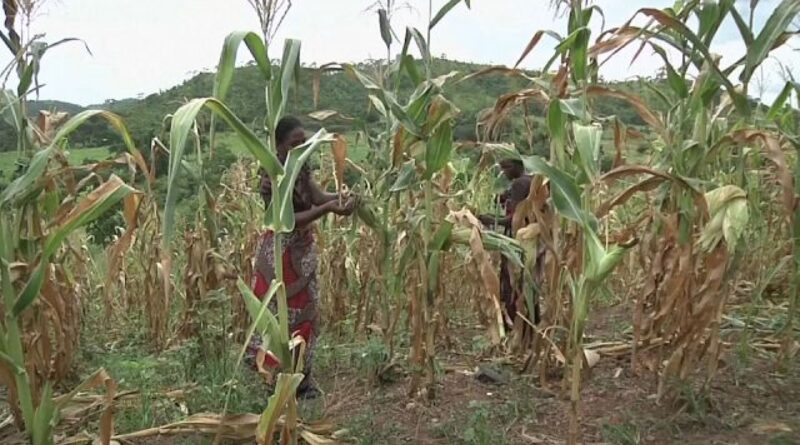IMF to assess impact of drought on Zambia’s economy
The International Monetary Fund said on Thursday that it will visit Zambia, tentatively mid-April, to assess the adverse impact of the ongoing drought on growth and the country’s budget.
Zambia is experiencing drought conditions in 84 of its 116 districts. The rainy season, that usually runs from October to March, ended in late January.
“The preliminary assessment is that crop losses do appear to be significant, and it also appears that there will be a need to increase imports of energy,” said IMF director of communications, Julie Kozak in a media briefing.
Last week, Zambian President Hakainde Hichilema declared the drought a national disaster and emergency, saying it had devastated food production and electricity supply.
The country relies heavily on hydropower which accounts for at least 80 per cent of its electricity generation.
This year’s maize, a staple food crop which requires consistent rainfall, was unable to mature and has left a large portion of small-scale farmers with nothing to harvest.
“I have eight hectares of maize, and two, three hectares for groundnuts. But because we don’t have rain, so both have died,” said Edner Soko, a subsistence farmer.
Jacob Soko, a farmer, said it was good that the president had declared a national disaster as it really was one.
“We don’t have food, especially in the southern, eastern, and western parts, we have totally nothing. We hear from the news that the northern part of Zambia at least has some rains,” he said.
Farmers are concerned that they may not generate enough income to cover their basic needs. And nearly 70 per cent of Zambians rely on food grown by small-scale farmers.
But Yotam Mkandawire, the executive secretary for the Grain Traders Association of Zambia said that the country was food secure for the moment.
“Where we may have a challenge, is going forward after the next harvest. This is where probably we should be able to expect maybe the country really responding to the situation that we are in now,” he said.
Aid organisation, Oxfam, however, has warned that six million people face acute food shortages in Zambia until the next growing season.
President Hichilema said authorities would redistribute food from areas where there is an excess to districts that are in need, and has called for assistance from the international community.

